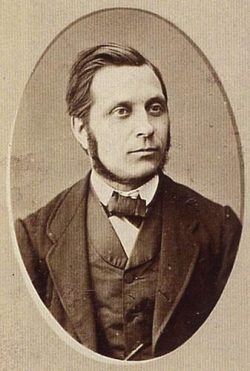Jules Steeg (1836-1898)
Jules Steeg was born in Versailles in 1836 – his father, a shoemaker, was an immigrant from Germany and his mother was French. He was a pastor, a politician and also an educationalist ; during his lifetime this protestant was widely recognized as being an outstanding man.
The pastor
Jules Steeg studied theology in Bâle, Strasbourg and Montauban – he then became the very first pastor ever to be appointed in the protestant parish of Libourne (Gironde) from 1859 to 1877. He became progressively more liberal, making his ideas known in many articles and lectures. In 1869, Fernand Buisson, also of liberal views, asked him to be co-founder of a Free Church which he was hoping to set up in Neuchâtel in Switzerland. Steeg had to refuse this offer for health reasons but nonetheless he spent much time and energy spreading democratic and republican ideas. Sadly, as he could not accept any form of religious orthodoxy, he could no longer be a pastor and had to give in his resignation in 1877.
The politician
In 1870, Steeg started a republican newspaper in the district of Libourne (where he had sided with the Republic and against the referendum) ; he was elected deputy of the Gironde in 1881 and again in 1885. He took an active part in the setting up of the republican school system, which was non-religious, compulsory, public and free of cost. He worked with Jules Ferry and his old protestant friends Felix Pécaut and Ferdinand Buisson. He acted as spokesman for the proposed law which advocated the repeal of the concordat and also for Jules Ferry’s law introducing non-religious education.
The educationalist
In 1889, he was appointed General Inspector of Primary Schools and director of the Teaching Museum in Paris. At the end of his career he succeeded his friend Ferdinand Buisson as Inspector of studies at the Ecole Normale Supérieure in Fontenay aux Roses.
His son Théodore, who was President of the Council of Ministers, wrote in 1937 : “I am almost embarrassed at my own success as a politician when it seems to me that it is my father who should have been honoured in this way, considering the fact that he was far my superior as regards intelligence, talent and sheer willpower.”
Progress in the tour
Bibliography
- Books
- MAYEUR Jean-Marie et HILAIRE Yves-Marie, Dictionnaire du monde religieux dans la France contemporaine, Beauchesne, Paris, 1985-, Tome 9
Associated tours
-
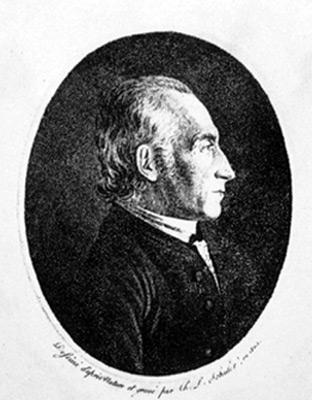
Protestant education since the Revolution
After the French Revolution, a public education system was gradually established with the high schools and Grandes Ecoles. Protestants participated widely in the major school and university reforms of the...
Associated notes
-
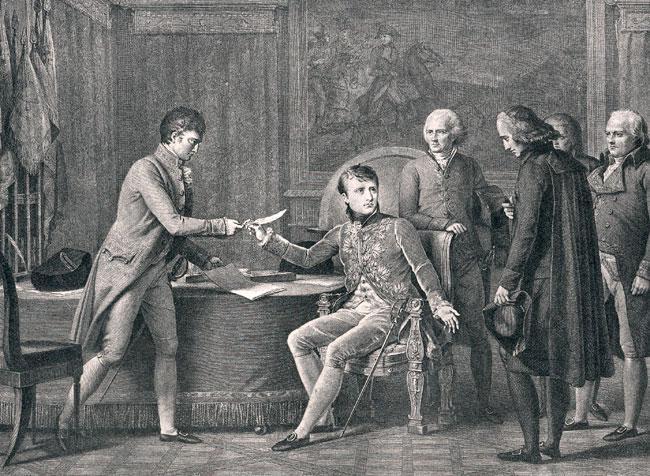
The French Concordat
The Concordat with the Organic Articles, ruled the organisation of Protestant as well as Catholic churches. It did not comprise any restrictive measures, and pastors were to be paid by... -
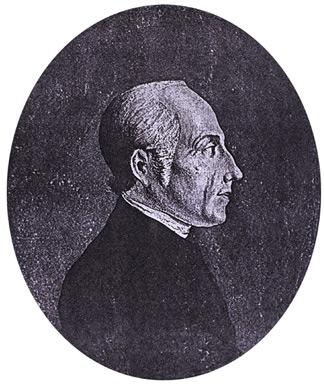
Protestants and Public Education
During the XIXth century, the July Monarchy and the Third Republic were the two significant periods of intense Protestant participation in the development of the public education system that had initially... -
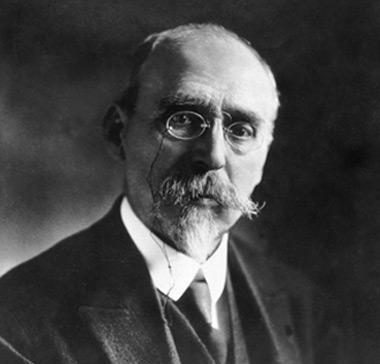
Ferdinand Buisson (1841-1932)
One of the main inspirers of school legislation of the third republic, Ferdinand Buisson was a French politician in favour of laity, co-founder and president of the Human Rights League,... -

Tommy Fallot (1844-1904)
Since his youth, Tommy Fallot had always been shocked by the protestant Church’s lack of interest in social issues (perhaps this may have been due to the fact that at... -
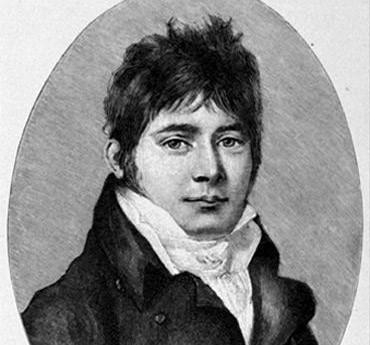
Samuel Vincent (1787-1837)
Pastor Samuel Vincent is a typical representative of French Protestantism from the South of France in the early 19th century. His writings and the theological reviews he helped to found... -
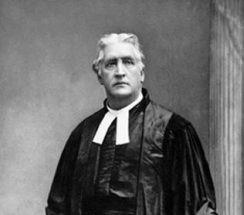
Eugène Bersier (1831-1889)
Pastor Eugène Bersier was to be a man of action : he founded of the Evangelical Church of l’Etoile and wrote a new liturgy. He was likewise a man of peace,... -
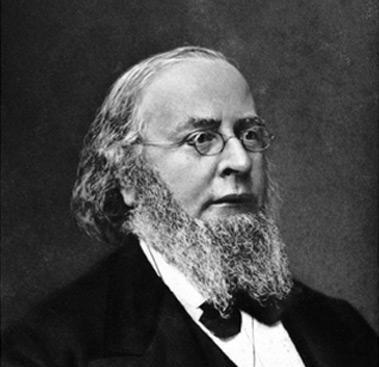
Athanase Coquerel, the son (1820-1875)
-

Athanase Coquerel (1795-1868)
-
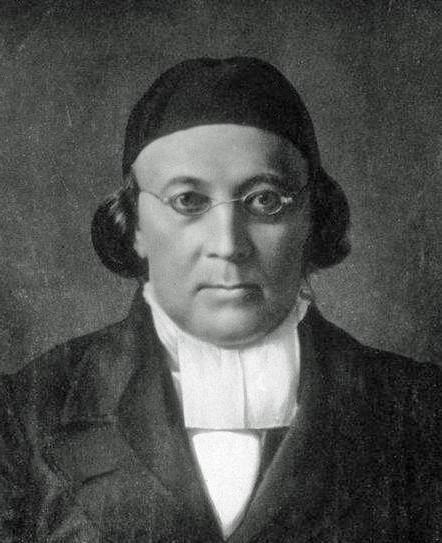
Frédéric Horning (1809-1882)
Frederic Horning, Lutheran pastor, initially liberal, returned to the sources of Lutheranism and in 1848 successfully opposed union with the Reformed.

